Text
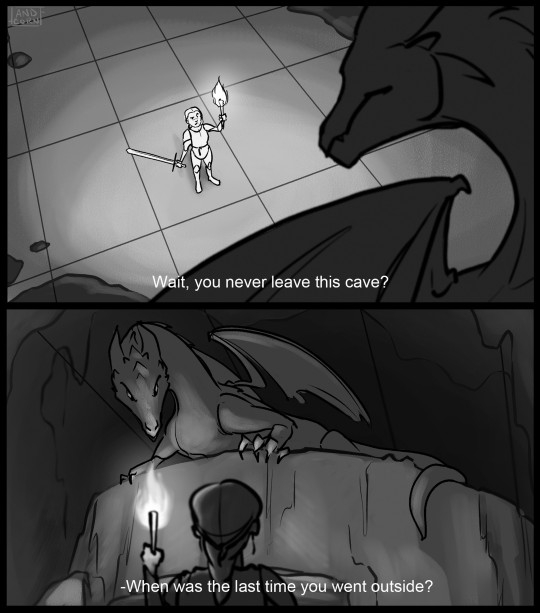
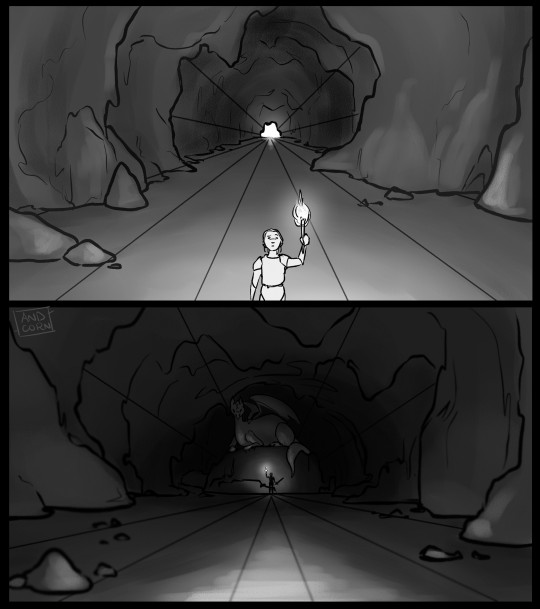

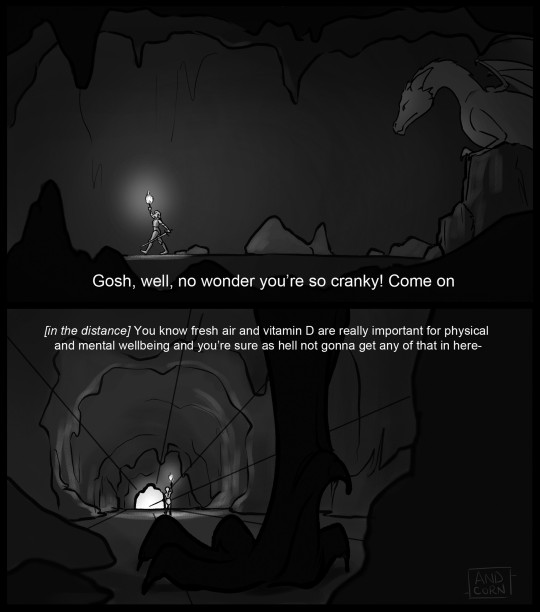
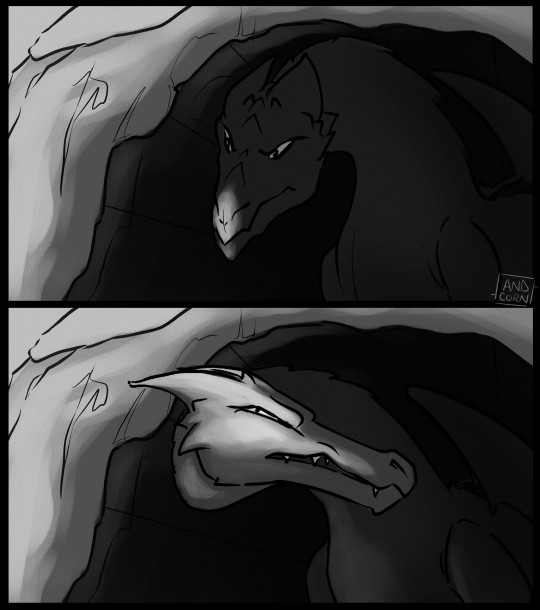

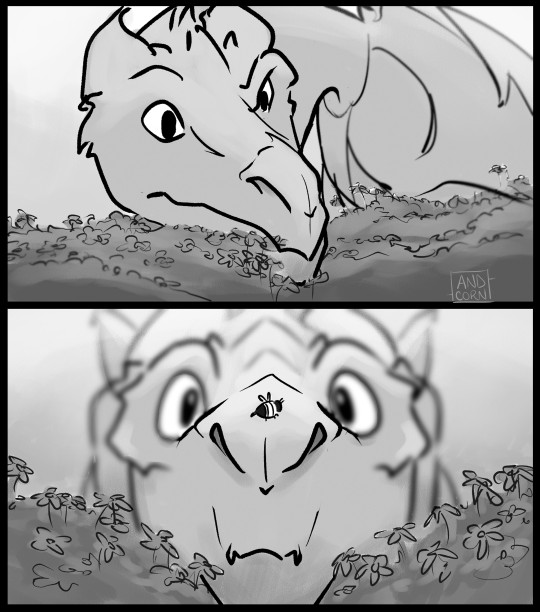
are evil dragons really evil, or are they just vitamin D deficient?
(pt 2)
#comic#web comic#comic art#fantasy art#dragons#funny comic#storyboard#storyboarding#humorous#not my art
106K notes
·
View notes
Text
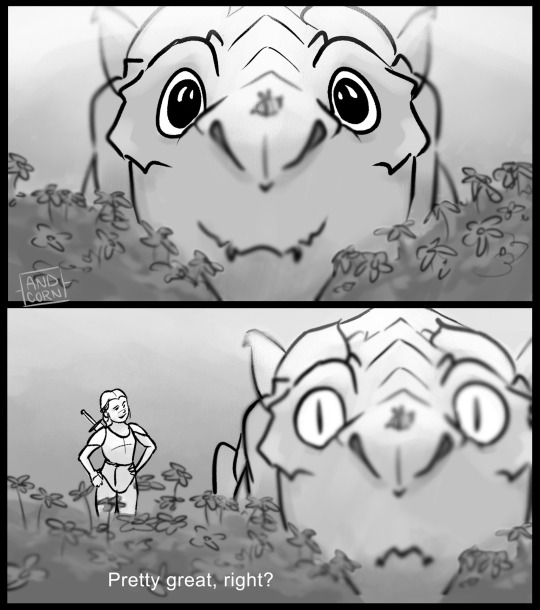
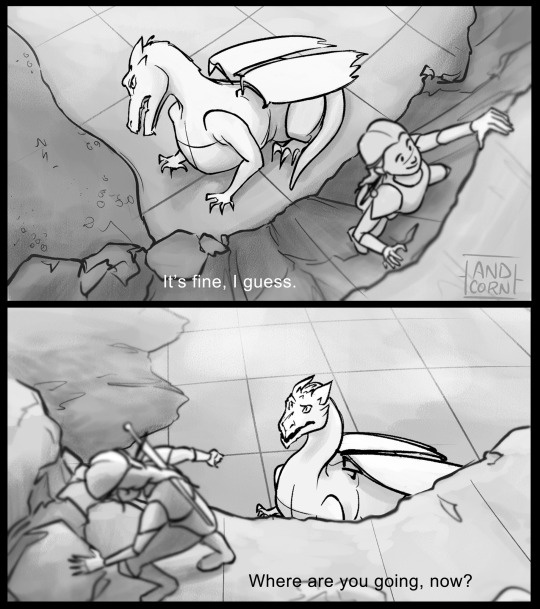
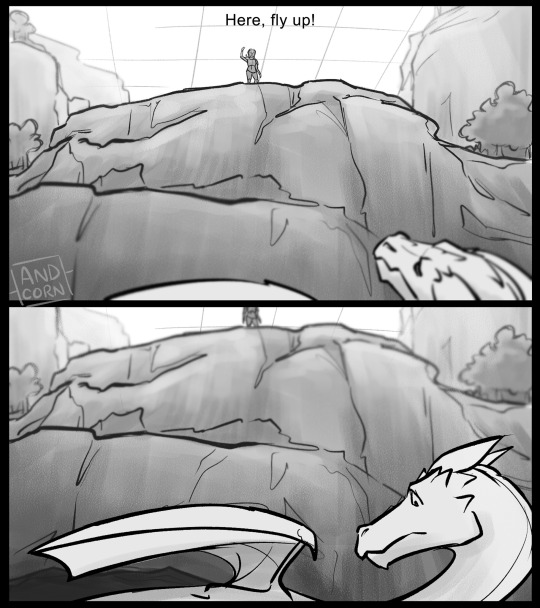
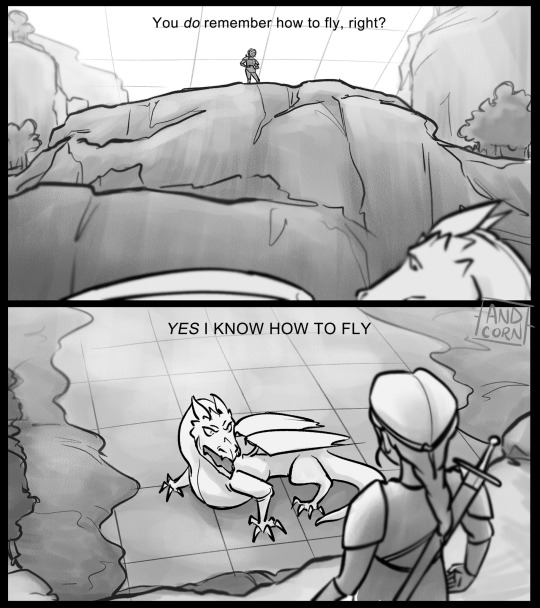
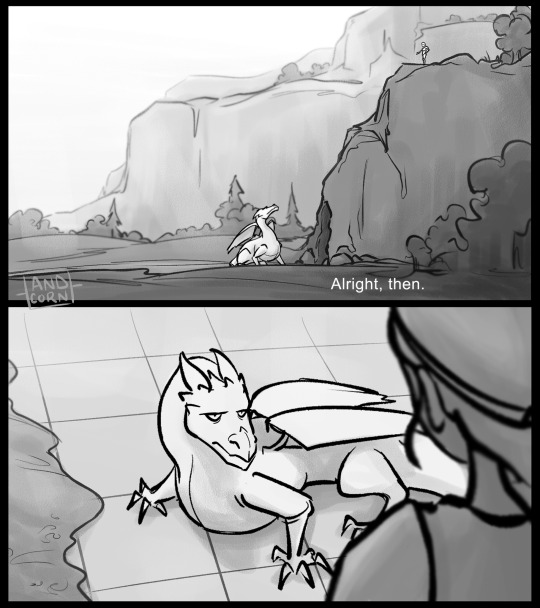

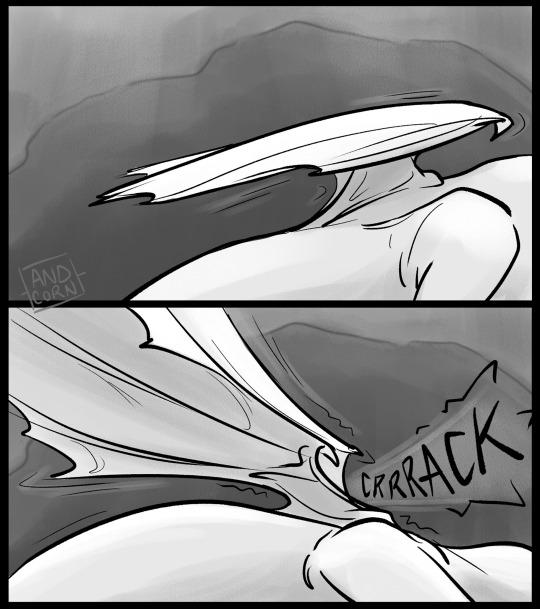

nothing like a good stretch for the first time in centuries
(Part 2 of this comic!)
#comic#original comic#web comic#funny comic#humor#dragon#fantasy#original story#storyboard#storyboarding#not my art
23K notes
·
View notes
Text

2K notes
·
View notes
Text


hehehehehehhehehehehehehehehe
3K notes
·
View notes
Text
They were able to get Teddy in for the surgery and been in recovery. He's doing much better now for anyone who would like an update.
https://gofund.me/66f1eee2
Hey guys.. it's been a rough couple of days and we could really use your help saving our boy.. If you know anyone that can help donate or spread this around it would help so much.
Teddy has a life threatening abscess in his abdomen and the surgery is $15,000... Please help me save my baby boy if you can...



214 notes
·
View notes
Text
https://gofund.me/66f1eee2
Hey guys.. it's been a rough couple of days and we could really use your help saving our boy.. If you know anyone that can help donate or spread this around it would help so much.
Teddy has a life threatening abscess in his abdomen and the surgery is $15,000... Please help me save my baby boy if you can...



#gofundme#urgent#fundraiser#help needed#dog in need#urgent dog care needed#please help if you can#even a reblog to help spread this guys
214 notes
·
View notes
Text
Reblog if you are NOT celebrating April Fools’ Day on your blog.
This means no pranks of any sort, just standard blogging.
153K notes
·
View notes
Photo

Words
12 notes
·
View notes
Text
How to write softness
If you’re writing a book with a lot of action, battles, death, and blood, you should definitely add a little softness!
But how should you do it?
I gathered here a couple tips from great books I read that portray softness beautifully.
1. Get contrast
If your characters are grumpy and generally aggressive or cold, a fluffy moment is guaranteed to MELT the reader. Believe me, it does.
Make your characters show softness only in specific moments if they’re not super warm people, and only towards specific friends, members of their family, or their significant other.
It will give your story a lot more depth and will make the reader yearn for more.
2. Decide the degree
A little stroke or a full blown eight-minute hug?
Make sure the softness is appropriate to the moment (for instance, it’s weird for two people to start embracing and kissing if they’re in the middle of a literal war) and if it’s in character.
Remember that for colder characters a simple arm caress shows a lot, and will never be forgotten by either the other character (the reiver) and your audience!
3. Brainstorm
Ideas for gentle softness can be:
Ask for consent to touch the other (meaning to caress them or kiss them)
Brushing leg against leg (or elbows, shoulders, arms)
holding hands
holding pinkies
stroking
blowing kisses
smiling encouragingly from afar
asking if they’re okay
moving closer without saying anything
resting their arm on the other character’s shoulder
protecting [keep reading]
2K notes
·
View notes
Text
I've been doing lots of editing, so here's my...
TOP 10 MOST SATISFYING THINGS ABOUT EDITING YOUR NOVEL
10. Taking a passage that was already pretty good and then making it even better.
9. Looking at a passage, saying "yeah I don't need any of this" and slamming the delete key
8. Adding just the right amount of foreshadowing during that seemingly innocent scene 😈
7. Taking [that one line] from earlier in the book and putting it in the final chapter.
6. Spotting a plot-hole and fixing it!
5. Realizing that nobody will ever know that there's a word you can't, for the life of you, ever spell right when you're writing (mine is apartment, I always seem to put two p's in there don't ask me why)
4. Reading a passage and knowing that it is *just* right~
3. Fleshing out my character/location descriptions! It's so much easier once you actually know the characters and locales of your story.
2. Finding little gems in the writing that I didn't notice before and making them the spotlight of a chapter!
And, number one...
1. Knowing that no one will ever, ever, see the mess that this book was before! It's so satisfying to work at it, polishing and polishing, until it's practically unrecognizable from the first draft.
That right there? That's the best feeling. 😊🌻
2K notes
·
View notes
Photo

128K notes
·
View notes
Text
For as much as the horror genre from a visual perspective relies on darkness as a means to create a sense of mystery and dread over what might literally or metaphorically be lurking in the shadows (even if we know exactly what it is and are only left to wonder where and when it will drag itself forward and make itself known) I feel there is something to be said for the concept of horror done in broad daylight, where all the awful things are laid bare and wretched in the light and we are forced to look upon them; to face the truth of them and try desperately not to flinch.
942 notes
·
View notes
Text
Person A: “How the hell do you keep surviving these things?….Are you immortal?”
Person B: “Nah, just pissed off a death god, a couple hundred years back, that’s all. I’ll die eventually!”
#writers#writing#writeblr#prompt#writing prompt#dialogue#dialogue prompt#death#death mention#immortality
713 notes
·
View notes
Text
if you want your female characters to both have agency in the story and be complex human individuals then sometimes bad things have to be their fault
88K notes
·
View notes
Text
Writing Tips from an Editor (Who Also Writes)
People throw around the phrase “Show, don’t tell” all the time. But what does it mean? Really?
When I’m editing a client’s work, I always explain what I mean when I say “Show, don’t tell,” so I know we’re on the same page (pun intended).
FYI: This advice is really 2nd or 3rd draft advice. Don’t tie yourself in knots trying to get this perfect on the first go. First drafts are for telling yourself the story. Revisions are for craft.
Ruthlessly hunt down filter words (saw, heard, wondered, felt, seemed, etc.). Most filter words push the reader out of narrative immersion, especially if you’re writing in 1st person or a close 3rd person. “She [or I] heard the wind in the trees” is less compelling than “The wind rustled through the trees” or “The wind set the bare branches to clacking.” Obviously, the point of view character is the one doing the hearing; telling the reader who’s doing the hearing is redundant and creates an unnecessary distance between the character’s experience and the reader’s experience of that experience. Was/were is another thing to watch out for; sometimes, nothing but was will do, but in many instances—“There was a wind in the trees” “There were dogs barking”—“was” tells, whereas other phrasing might evoke—“The wind whispered/howled/screamed through the trees” “Dogs snarled/yipped/barked in the courtyard/outside my door/at my heels.”
Assume your readers are smart. What does this mean? Don’t tell the reader what your characters are thinking or feeling: “Bob was sad.” How do we know? What does Bob’s sadness look like, sound like? What actions, expressions, words indicate Bob’s sadness? Does Bob’s sadness look different than Jane’s would?
It also means that you need not repeat information unless you have something new to add to it—even if it’s been several chapters since you first mentioned it. I think a lot of readers fall into this trap because writing often takes a long time. But what takes a writer days or weeks or months to write might take a reader fifteen minutes to read. So, if the writer keeps telling the reader about so-and-so’s flaming red hair or such-and-such’s distrust or Bob’s blue eyes or Jane’s job as a neurosurgeon, the reader gets annoyed.
The last thing you want is your reader rolling their eyes and muttering, “OMG, I KNOW” at the story you’ve worked so hard to write. It certainly means you don’t need to have characters tell each other (and through them, the reader) what the story is about or what a plot point means.
Along these same lines, let the reader use their imagination. “Bob stood, turned around, walked across the room, reached up, and took the book from the shelf.” Holy stage directions, Batman! A far less wordy “Bob fetched the book from the shelf” implies all those irrelevant other details. However, if Bob has, say, been bedbound for ten years but stands up, turns around, and walks across the room to fetch the book, that’s a big deal. Those details are suddenly really important.
Write the action. Write the scene with the important information in it. Let the reader be present for the excitement, the drama, the passion, the grief. If you’re finding yourself writing a lot of after-the-fact recap or “he thought about the time he had seen Z” or “and then they had done X and so-and-so had said Y,” you’re not in the action. You’re not in the importance. Exceptions abound, of course; that’s true of all writing advice. But overuse of recapping is dull. Instead of the reader being present and experiencing the story, it’s like they’re stuck listening to someone’s imperfect retelling. Imagine getting only “Last week on…” and “Next week on…” but never getting to watch an episode.
I’m editing a book right now with some egregious use of this. The author has a bad habit of setting up a scene in the narrative present—“The queen met the warrior in the garden.”—but then backtracking into a kind of flashback almost immediately. “Last night, when her lady-in-waiting had first suggested meeting the warrior, she had said, ‘Blah blah blah.’ The queen hadn’t considered meeting the warrior before, but as she dressed for bed, she decided they would meet in the garden the next day. Now, standing in the garden, she couldn’t remember why it had seemed like a good idea.”
That’s a really simplified and exaggerated example, but do you see what I’m getting at? If the queen’s conversation with the lady-in-waiting and the resulting indecision are important enough to be in the narrative, if they influence the narrative, let the reader be present for them instead of breaking the forward momentum of the story to “tell” what happened when the reader wasn’t there. Unless it’s narratively important for something to happen off-page (usually because of an unreliable narrator or to build suspense or to avoid giving away a mystery), show your readers the action. Let them experience it along with the characters. Invite them into the story instead of keeping them at a distance.
Finally, please, please don’t rely on suddenly or and then to do the heavy lifting of surprise or moving the story forward; English has so many excellent verbs. Generally speaking, writers could stand to use a larger variety of them.
(But said is not dead, okay? SAID IS VERY, VERY ALIVE.)
12K notes
·
View notes
